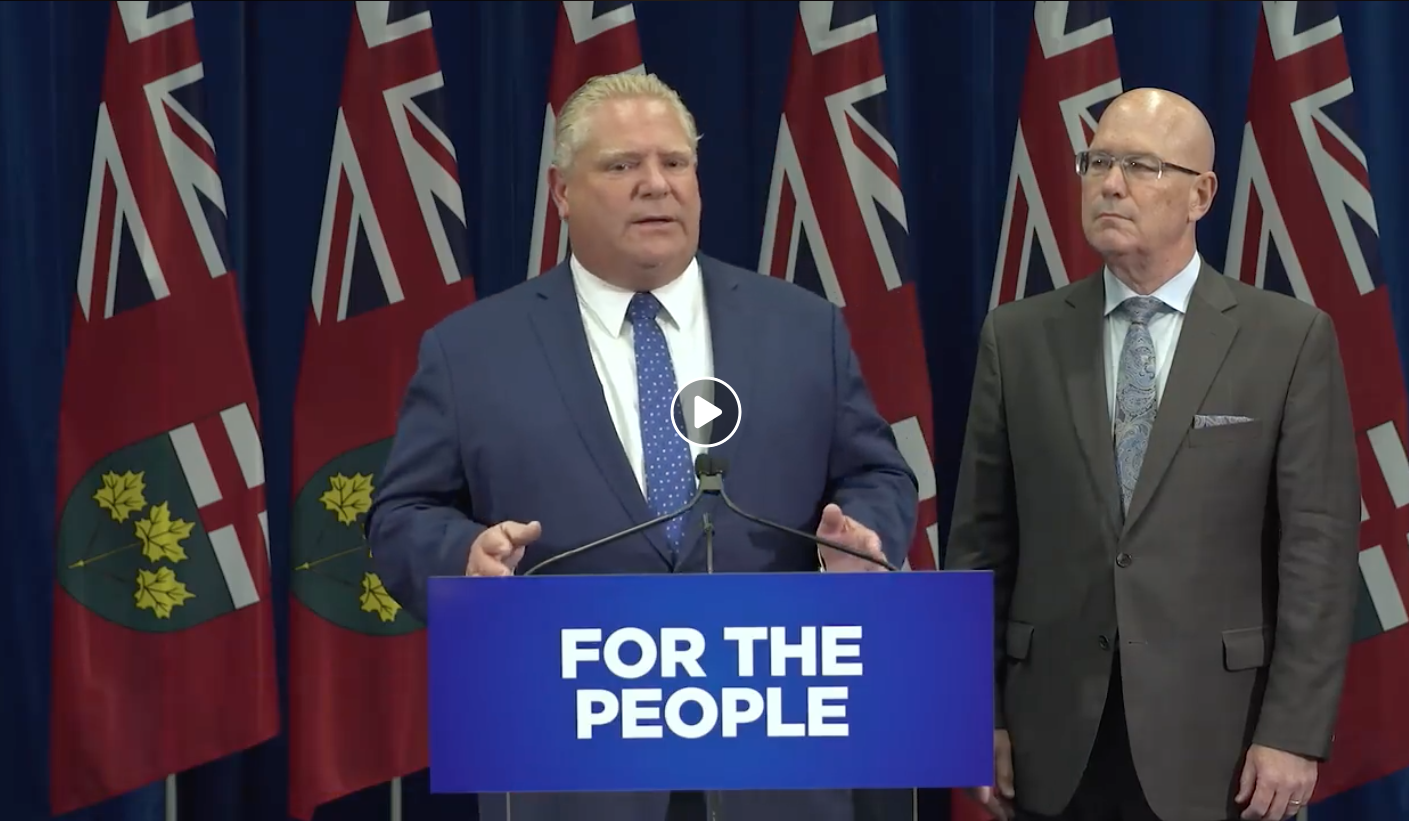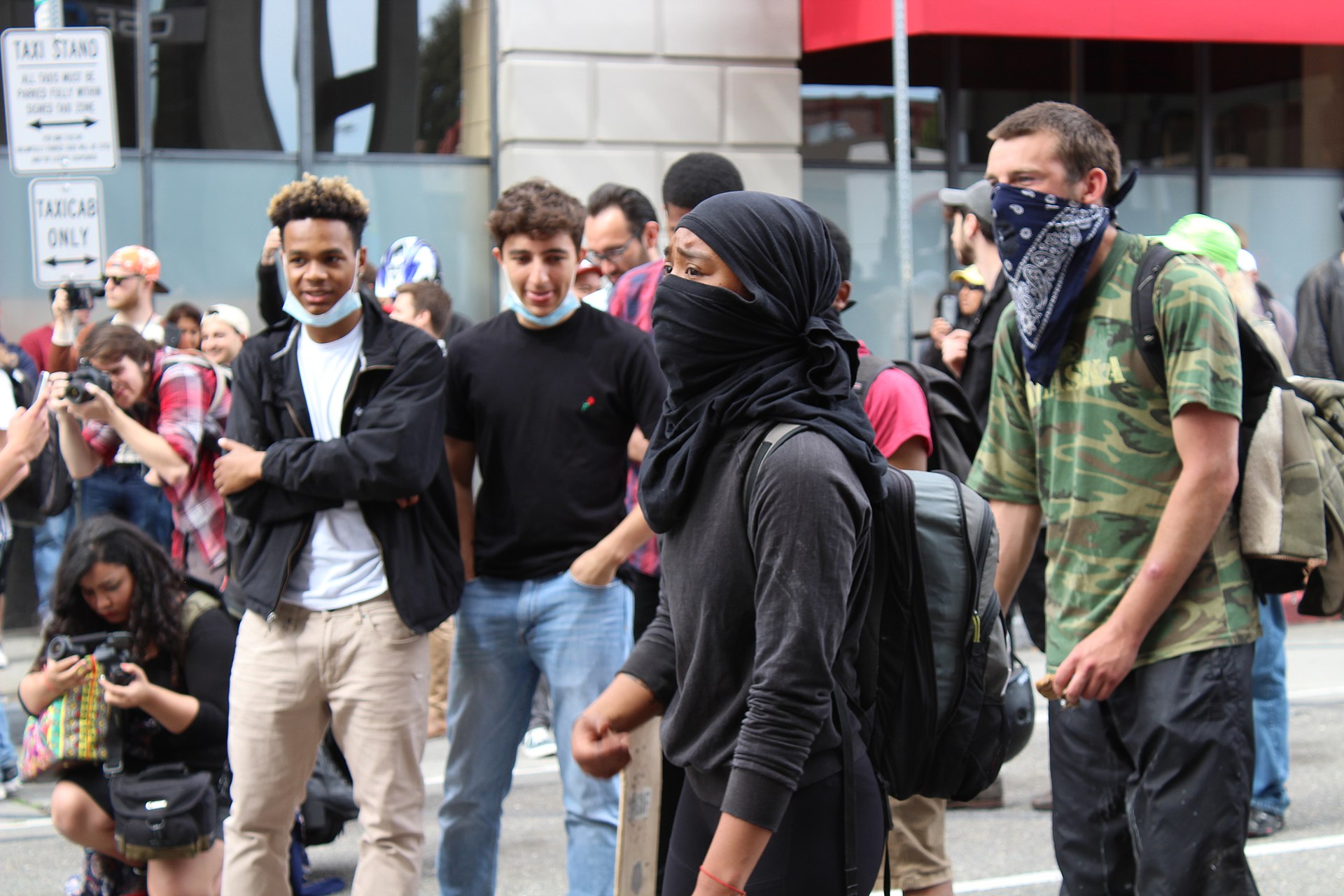Universities must protect free speech or risk losing their government funding.
That’s the crux of a policy unveiled last week by the new Progressive Conservative government in Ontario, Canada. It’s a much-needed step in the fight against the campus censorship that’s become so rampant across North America.
Every taxpayer-funded post-secondary institution has until the new year to “develop and publicly post its own free speech policy” based on the University of Chicago principles, the government said.
Since being minted in 2014, dozens of American schools have adopted the Chicago principles, which affirm that “debate or deliberation may not be suppressed because the ideas put forth are thought by some or even by most members of the University community to be offensive, unwise, immoral or wrong-headed.”
None in Canada has, though not for lack of need.
Last year, the University of British Columbia set out to develop its own statement affirming free speech, but after eight months published one that was anything but.
“We must hold in balance concurrent legal and moral responsibilities regarding freedom of expression while providing a respectful, constructive and inclusive environment for all,” the final version said.
This is vexing because of how often campus censorship thrives under the guise of fostering “inclusivity.” When it comes to open debate, these spaces are often as exclusive as can be, depending on what you believe.
It was only last fall when Lindsay Shepherd, a teaching assistant at Wilfrid Laurier University in Waterloo, Ont., was reprimanded in a closed-door witch trial for daring to show a clip from a public affairs television show of Jordan Peterson debating gender identity.
Laurier eventually exonerated Shepherd when its president conceded “numerous errors in judgement” took place in the meeting—including the existence of the meeting.
The only consequences for the school’s attempt to shame and bully a student into submission on ideological grounds came about from the public relations crisis the incident created. That only happened because Shepherd covertly recorded the session.
Laurier would be a lot more reticent to trample on academic freedom if its grant money was in jeopardy.
Ontario’s approach demands that schools ensure free speech not only for faculty and students, but also guests on campus.
Critics have called this approach heavy-handed, arguing free speech isn’t all that free when the state is forcing it. If this was at a private college, I’d agree.
However, these schools are owned and funded by the government, so they should be expected to uphold the same freedoms government is obliged to safeguard.
Unfortunately, Ontario courts have disagreed in recent years. The Ontario Superior Court of Justice has twice ruled that student unions are private non-profits and should be allowed to set out whatever regulations they want.
The judges neglected to consider the monopolistic power student unions are given by administrators to govern student life. If you want to book a speaker or convene a club, you have to go through a student union.
Last year, the University of Ottawa refused to ratify a pro-life club on campus, claiming its mandate was not compliant with the student union’s pro-choice stance.
It was the same university whose provost sent a letter to Ann Coulter in 2010 to “inform” her that “promoting hatred against any identifiable group would not only be considered inappropriate, but could in fact lead to criminal charges,” in advance of an upcoming talk, which ended up being cancelled minutes before it was set to begin after protestors mounted to such a point police could not guarantee anyone’s safety.
A fire alarm was pulled, registration tables were flipped, and entrances were blocked.
In 2010, this was outrageous. In 2018, it’s expected. For that reason alone, it’s easy to say universities—and many of their students—have failed when it comes to free speech.
Clubs that don’t meet certain ideological standards are denied ratification. If they become sanctioned clubs, they’re denied space for events. If they get the space, they have to contend with thousands of dollars in “security fees.” If they manage to do all that, one tug of a fire alarm gets the event cancelled anyway.
This is the all-too-common progression on campuses lacking a commitment to free speech.
The new Ontario policy forces administrators to protect free speech, but doesn’t go far enough when dealing with student unions, only requiring schools “consider” yanking financial support from student groups that don’t play ball.
The Canadian Federation of Students said in a statement that the Ontario government is “forcing (universities) to pick a side in what is a deeply important public debate.”
The “debate” CFS chairperson Nour Alideeb is referring to is that of free speech, which shouldn’t be much of a debate at all on a campus.
Her statement underscores why the policy is so important in the first place. It’s lamentable government must step in to protect free speech, but doing so is the right move.



